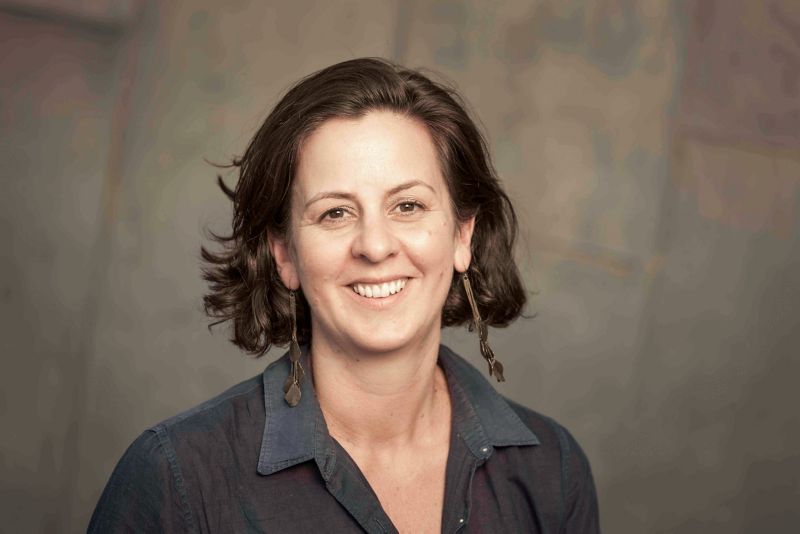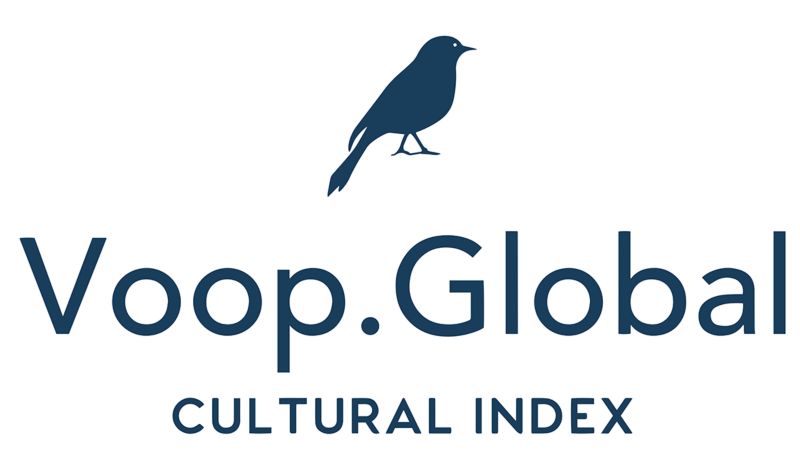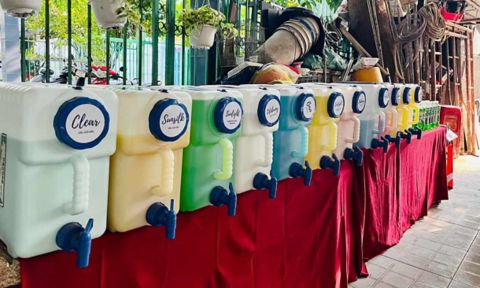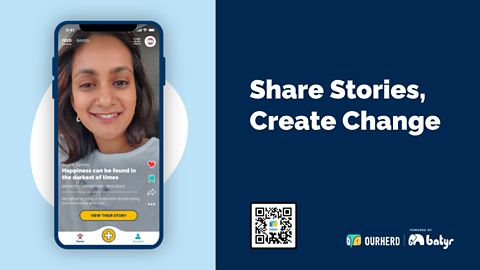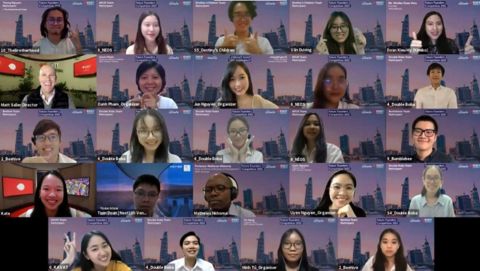As with any founder, running a startup comes with huge learning curves. With the help of data scientist Dr Suresh Sood, Kristin had to familiarise herself with data analytics and learn how to transfer her own knowledge to Machine Learning mechanisms.
She is also transparent about her struggles and failures, a quality she wished were more prevalent in corporate culture.
"When you’re a startup with no customers and money, you look like a real loser,” said Kristin.
“Generally speaking for entrepreneurs, until you make a big exit, you just look like a dreamer. So you have to be really resilient when people say your idea is ridiculous and tell you to get a real job.”
However, she acknowledged that being part of the LaunchHUB community has made a world of difference.
“The standup meetings made us accountable and the coaching kept us on track,” she explained. “It was essential because that was arduous work.”
“I used the library to death – writing papers, researching and pulling it all together. When it’s not your natural tendency, it’s hard to stay energised doing that stuff. If I didn’t have LaunchHUB supporting me, I wouldn’t have got it done as quick as I did.”
Kristin believes that in order to change culture, you need to first change yourself.
That is why she rejects the notion of working till burnout - a common occurrence in a startup culture that glorifies the hustle.
“Because we are a company about culture, I'm determined to not do it that way. It might take a bit longer, but I'm okay with that,” said Kristin, who enjoys spending more time with her family of three children now that her schedule is more flexible.
“I’m really conscious of my own mental state and observe the highs and lows and ask for help during the lows. Mental health for entrepreneurs is a real challenge and is the reason why a lot of startups fail, so it’s something you have to be aware of.”
Taking care of her mental health is a wise move for a woman who has yet to accomplish what she set out to do with Voop.Global.
“I haven’t had my greatest career yet,” she said. “I've achieved a lot working for larger organisations but I really want to own and create something myself.”
With her degree of self-awareness and resolve, it looks like Kristin is well on her way to fulfilling that dream.
